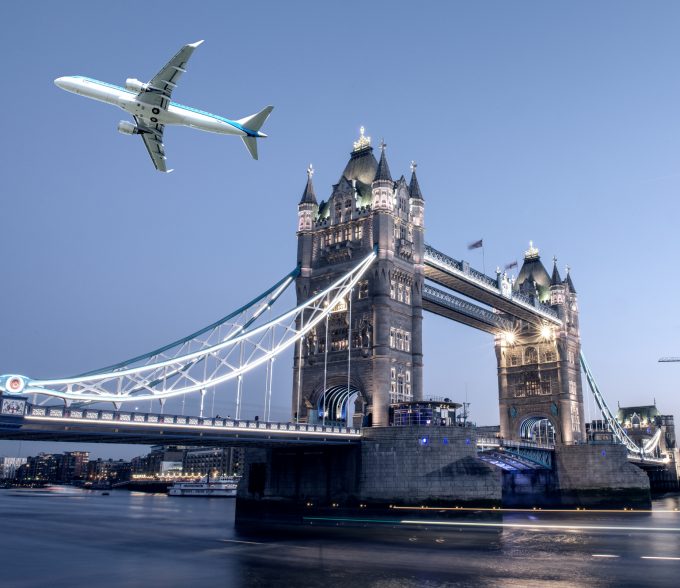'Partial win' for UK supply chains as EC delays potentially disruptive checks
Efforts at restoring EU-UK relations appear to have made some headway, the bloc agreeing to ...
TFII: SOLID AS USUALMAERSK: WEAKENINGF: FALLING OFF A CLIFFAAPL: 'BOTTLENECK IN MAINLAND CHINA'AAPL: CHINA TRENDSDHL: GROWTH CAPEXR: ANOTHER SOLID DELIVERYMFT: HERE COMES THE FALLDSV: LOOK AT SCHENKER PERFORMANCEUPS: A WAVE OF DOWNGRADES DSV: BARGAIN BINKNX: EARNINGS OUTODFL: RISING AND FALLING AND THEN RISING
TFII: SOLID AS USUALMAERSK: WEAKENINGF: FALLING OFF A CLIFFAAPL: 'BOTTLENECK IN MAINLAND CHINA'AAPL: CHINA TRENDSDHL: GROWTH CAPEXR: ANOTHER SOLID DELIVERYMFT: HERE COMES THE FALLDSV: LOOK AT SCHENKER PERFORMANCEUPS: A WAVE OF DOWNGRADES DSV: BARGAIN BINKNX: EARNINGS OUTODFL: RISING AND FALLING AND THEN RISING

The big Brexit question in aviation is whether the UK will continue to be in the European Common Aviation Area – a scenario that currently (although things are changing by the minute) seems pretty likely. ATW has done a good piece on the possible exit of the UK from the EU-US open skies agreement, while for a full breakdown on possible consequences for aviation, IATA was quick to provide a thorough analysis. Essentially, while it’s bad for outbound transport, the worthless pound is good for inbound. But in the longterm, to 2030, the OECD has estimated that UK trade volumes could fall 10-20%, although this could all, of course, be down to negotiation. The basic trade-off is policy power versus access to free markets, as this handy chart shows.

IATA
Comment on this article